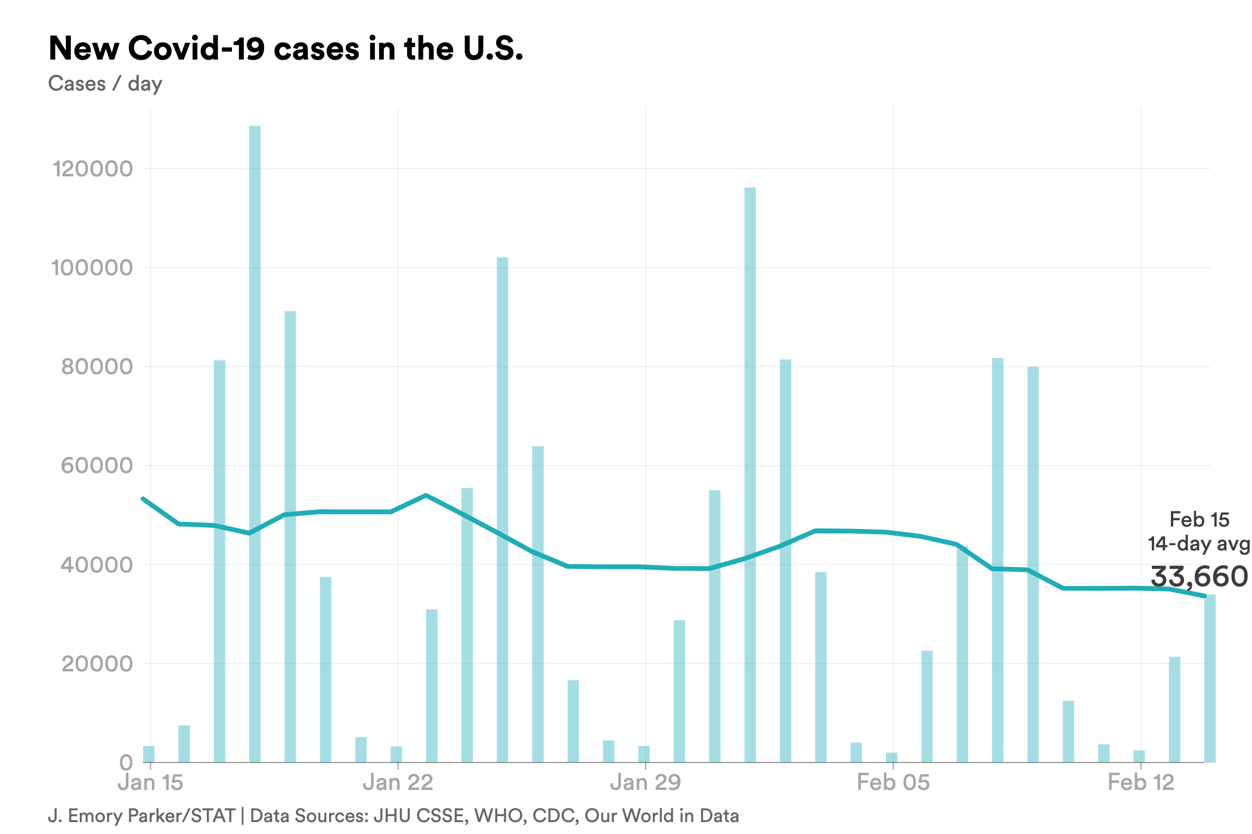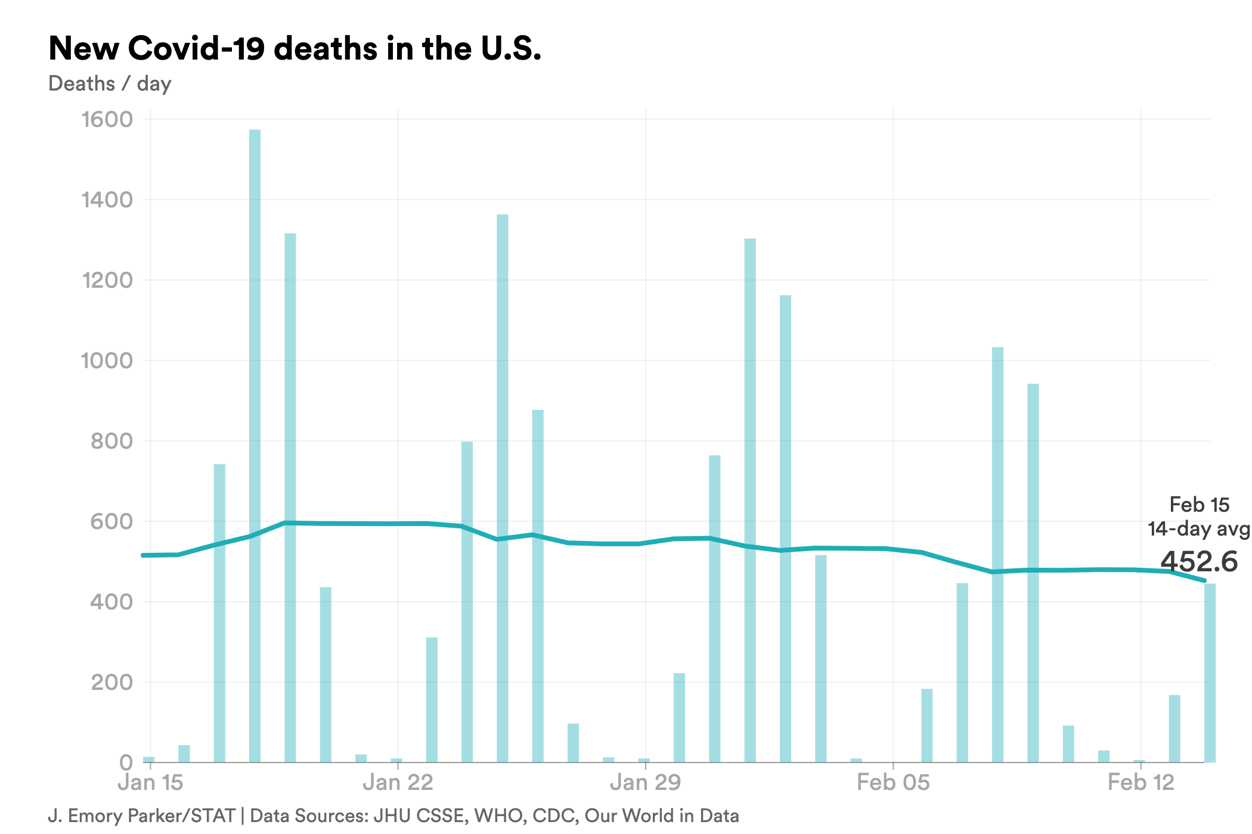Closer Look
Can food be medicine? And will insurance cover it?

Molly Ferguson for STAT
It makes such intuitive sense, it's a wonder it's never really caught on. Good food is good for us, so shouldn't food also be medicine? Well, even though the concept might be having a moment now, STAT's Nicholas Florko points out two reasons why it hasn't gained traction over the years: There's a paucity of solid research showing which conditions improve with food, and there are plenty of regulatory requirements keeping some insurers from offering some version of "food prescriptions" to their members.
But we may be at an inflection point, following a nutrition conference and a national nutrition strategy released by the White House in September. "There's just this whole new energy and whole new focus on this topic — which gives me great hope that we will make progress," Rep. Jim McGovern (D-Mass.) told Nick. "I've never felt more hopeful that we are going to make progress than I am right now." Read more.
infectious disease
Mpox still a global health emergency, WHO says
The WHO announced yesterday that the mpox outbreak remains a global health emergency. Though transmission has slowed considerably since its apex last summer, STAT's Helen Branswell tells us, a committee of outside experts that met last week recommended the WHO keep the mpox public health emergency of international concern in place to sustain attention on the problem and to encourage countries to maintain surveillance.
The committee expressed concern that cases are likely being missed in some circumstances, and detected but not reported in others. "WHO continues to call on all countries to maintain surveillance for mpox and to integrate services for prevention, preparedness, and response into national control programs, including for HIV and other sexually transmitted infections," Director-General Tedros Adhanom Ghebreyesus said in announcing he had accepted the emergency committee's advice. Since the outbreak was first detected, 110 countries have reported nearly 86,000 cases, 93 of them fatal.
coronavirus
Long Covid's long reach
Long Covid by almost any measure is a heavy burden. Here are three ways:
- Writing in a STAT First Opinion, critical care physician Wes Ely recounts how brain fog torments two patients: a woman diagnosed at 59 with rapid onset dementia post-infection and a 26-year-old man incapacitated by the mildest exertion. "At work my brain is just begging for rest," he said.
- People with long Covid are less likely to be employed full-time and more likely to be unemployed, especially if they have cognitive symptoms, a JAMA Network Open study reported yesterday.
- After three months, 1 in 8 patients infected with Covid had severe, prolonged fatigue, a study in Clinical Infectious Disease found. Incidence is declining and vaccination reduces the risk across variants, study author Michael Gottlieb of Rush University Medical Center said during an IDSA media briefing yesterday, "but because so many people have gotten Covid, there's still a huge number of people who are suffering from prolonged symptoms."
by the numbers


No comments